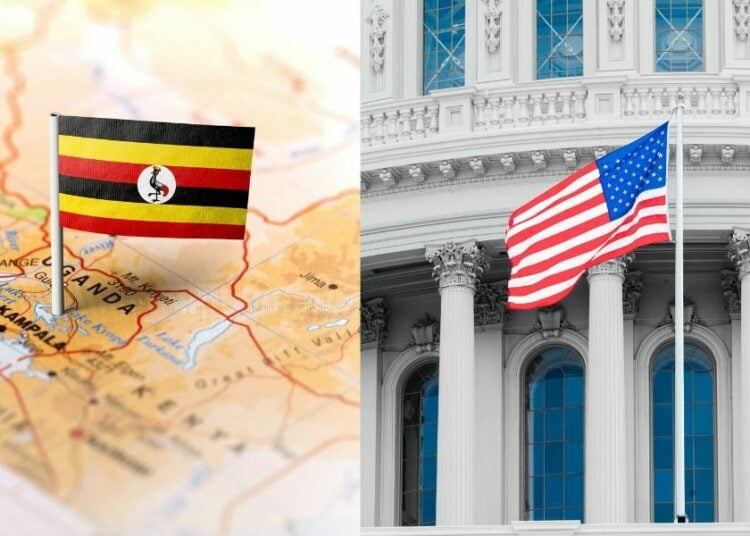Uganda has reached an agreement with the United States to host migrants who fail to qualify for asylum in America, a senior government official confirmed on Thursday.
In a statement shared on X on Thursday, Uganda’s Ministry of Foreign Affairs said the understanding concerns “Third Country Nationals who may not be granted asylum in the United States, but are reluctant to or may have concerns about returning to their countries of origin.” The ministry added that it is a “temporary arrangement.”
The Permanent Secretary, Vincent Bagiire, also noted that both sides were still working out implementation details.
The deal excludes people with criminal records and unaccompanied minors, and that officials expressed a preference for African nationals under the arrangement.
While the ministry said the agreement had been “concluded,” it was not immediately clear whether it had been formally signed. “The two parties are working out the detailed modalities on how the agreement shall be implemented,” the ministry stated.
The announcement drew swift, seemingly contradictory reactions from within Uganda’s foreign policy establishment.
International Relations Minister Henry Okello Oryem questioned the rationale for taking in people rejected elsewhere, warning of capacity limits and fairness to Ugandans.
At the same time, he acknowledged broader ongoing talks with Washington on issues like visas, tariffs and sanctions. “How can we integrate them into local communities in Uganda?” Oryem asked in comments reported by AP.
Oryem said no agreement had been reached and that Uganda lacked the facilities to host undocumented migrants, comments widely interpreted as a denial of a US third-country deportation scheme. Those reports stood in tension with the ministry’s Thursday statement and subsequent coverage indicating the arrangement had, in Kampala’s words, been “concluded.”
LEADERSHIP reports that Uganda is frequently cited as one of the world’s most open refugee-hosting nations.
According to the UN Refugee Agency (UNHCR), the country currently shelters over 1.7 million refugees and asylum seekers, primarily from South Sudan, the Democratic Republic of the Congo and Sudan.
Kampala’s long-standing policy allows refugees to work, move relatively freely, and access public services, practices sometimes referred to as the “Uganda model.”
Yet researchers and advocates have increasingly warned that the “model” faces mounting pressure: funding shortfalls, overstretched local services, and uneven realities on the ground.
Academic and policy analyses over the past two years have documented gaps between policy promises and implementation, urging caution about expanding responsibilities without commensurate resources.
Uganda has previously cooperated with the United States on emergency, temporary hosting, notably during the 2021 Afghan evacuation, when Kampala agreed to receive up to 2,000 Afghans pending onward processing.
That arrangement was framed as short-term and humanitarian in nature, backed by international partners.











